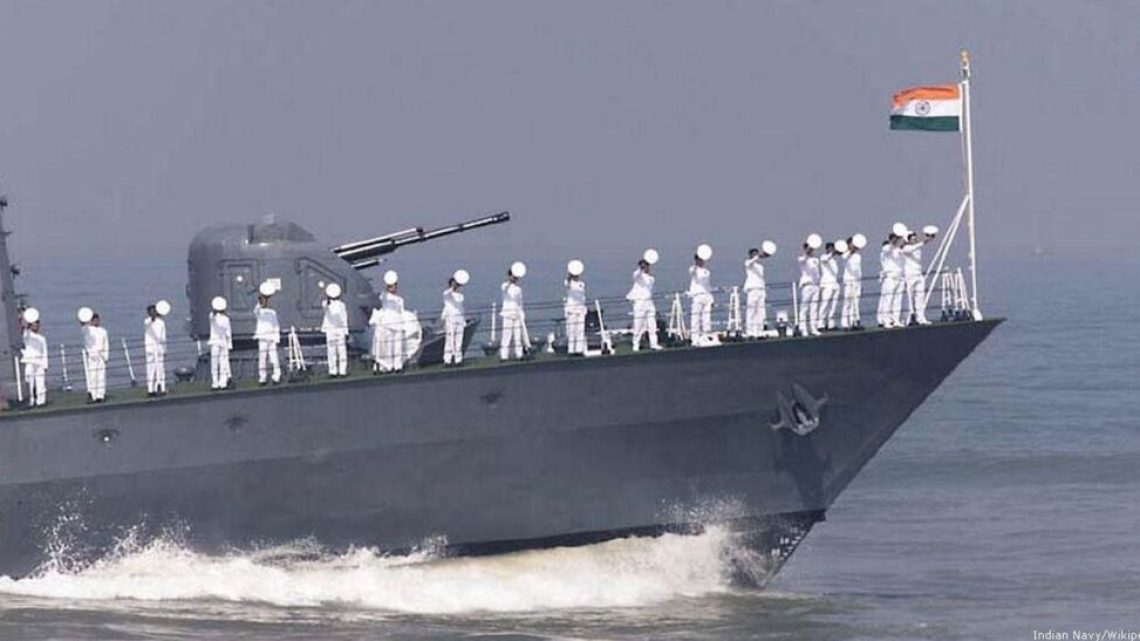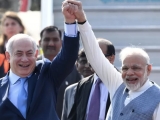
India’s Alleged Role in Fueling Myanmar’s Military Junta
January 18, 2024In a startling revelation, investigative activist group Justice for Myanmar has accused the Indian Oil Corporation Limited (IOCL), a state-owned entity, of supplying navy-grade fuel to an undisclosed consignee, cryptically identified as “The Master,” in Myanmar. The activists express deep concern, emphasizing the potential high-risk scenario wherein the ultimate end user could be the Myanmar Navy. Demanding transparency, the group insists that IOCL should disclose both the importer and the ultimate beneficiary of the supplied navy-grade fuel.
Since the military coup that unfolded in February 2021, IOCL, known for its history of selling to Myanmar military suppliers, has purportedly engaged in transactions exceeding $3.7 million in fuel sales to a mysterious Myanmar consignee. Of this staggering amount, over $1.5 million is accounted for as navy-grade diesel. The lack of clarity surrounding the identity of the consignee raises troubling questions about the potential involvement of the Myanmar Navy, a contentious entity implicated in human rights abuses.
A damning report from May 2023 by the UN Special Rapporteur on Human Rights in Myanmar further corroborates suspicions raised by Justice for Myanmar. The report alleges that both public and private companies in India collectively shipped over $51 million worth of “arms, materials, and associated supplies” to the Myanmar military and its known arms brokers since the coup. This revelation underscores a significant level of complicity on the part of Indian entities in supporting the military junta that seized power in Myanmar.
The developments highlighted in these reports shed light on India’s complicity with the Myanmar junta and its apparent legitimization of the illegal regime as a government. The fuel shipments, particularly the supply of navy-grade fuel, point towards a troubling collaboration that may inadvertently support the Myanmar Navy’s operations, potentially contributing to the perpetuation of human rights violations.
The call for transparency and accountability is not limited to the IOCL alone. Activist groups and international organizations are urging the Indian government to thoroughly investigate these allegations, disclose information about the importers and end users involved, and take appropriate action against any entities found to be complicit in supporting the Myanmar military junta. As these accusations unfold, they pose a challenge to India’s reputation on the global stage. India, as the world’s largest democracy, faces increasing scrutiny for its perceived endorsement of a regime condemned for its suppression of democratic values and human rights. The onus is now on Indian authorities to address these allegations transparently, ensuring that justice prevails over complicity and accountability triumphs over silence.

